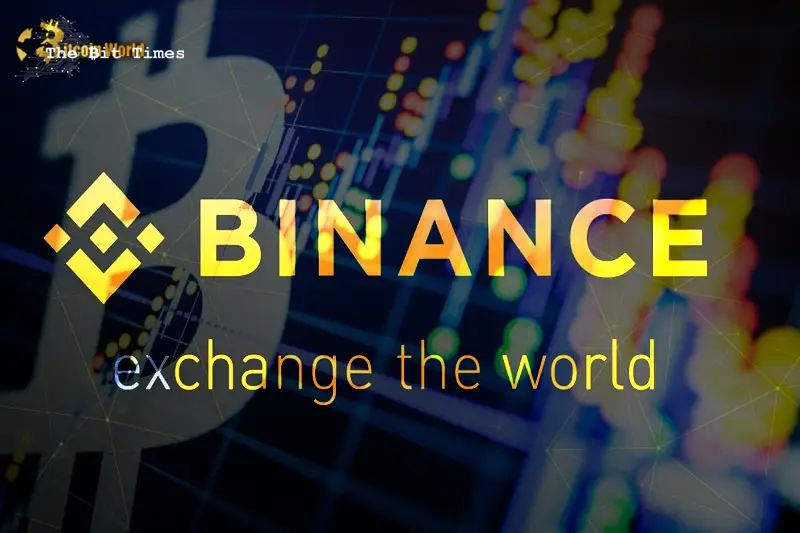Crypto industry development is driven by Middle East regulatory certainty, according to Binance FZE head

In the dynamic realm of content creation, three pivotal elements come into play: “perplexity,” “burstiness,” and “predictability.” Perplexity gauges the intricacy of text, while burstiness assesses the diverse fluctuations in sentence structures. Meanwhile, predictability delves into the likelihood of anticipating the subsequent sentence. Humans, often embracing a more varied writing style, intermingle lengthy and complex sentences with succinct ones. In contrast, AI-generated sentences tend to maintain a more consistent structure. Thus, for the forthcoming content, I’m tasking you with crafting, I seek a balanced blend of perplexity and burstiness, steering clear of predictability. Additionally, the language used must be exclusively English.
Now, let’s reimagine the provided text:
Amidst the bustling landscape of the cryptocurrency world, the United Arab Emirates (UAE), Dubai, and Bahrain emerge as magnetic hubs, continuously attracting major cryptocurrency exchanges and businesses. This gravitational pull towards a proverbial crypto oasis encircling the Persian Gulf is illuminated by insights from Alex Chehade, the general manager of Binance FZE.
In a conversation with Cointelegraph reporter Ezra Reguerra, Chehade underscores the allure of progressive regulatory frameworks in the region for both startups and established industry players. He highlights the distinctive regulatory certainty and clarity prevailing in the Middle East. Notably, Dubai boasts VARA (Virtual Assets Regulatory Authority), a regulator specifically dedicated to virtual assets, while Abu Dhabi Global Market (ADGM) has formulated a virtual asset framework. Moreover, Bahrain’s central bank stands out for its embrace of cryptocurrencies.
Chehade posits that regulatory bodies in other jurisdictions either lack a comprehensive understanding of the cryptocurrency landscape or, perhaps, face limitations in bandwidth to delve into regulatory measures. This, he believes, positions events like GITEX and the Future Blockchain Summit as pivotal, alongside global companies flocking to the region due to the conducive business environment.
The Binance FZE general manager emphasizes the necessity of regulatory certainty for businesses to chart long-term plans. The existing regulatory parameters in these specific jurisdictions, he contends, streamline this process. Additionally, Chehade underscores Binance’s role as a catalyst for Web3 companies and startups choosing to establish themselves in the region, citing the company’s status as the largest Web3 entity globally.
Highlighting Binance’s impact, Chehade notes the employment of around 600 individuals in its Dubai-based operation. He commits to sustaining the role of Binance FZE in nurturing the industry, underscoring the entity’s segregated operations in Dubai with ring-fenced custody and operations, functioning as a regulated exchange for a year and a half.
In a prior interview at the Blockchain Economy Dubai Summit, Akshay Chopra, Visa’s vice president and head of innovation and design, echoes Chehade’s sentiments. As a board member of the MENA Fintech Association, Chopra commends the region’s progressive regulatory outlook, characterizing it as forward-looking and inclusive. This perspective, he argues, is a driving force for growth, with regulators actively collaborating with the local blockchain community, institutions, startups, and entrepreneurs to shape the future.
According to research from blockchain Analysis firm Chainalysis, the Middle East and North Africa (MENA) region emerge as the world’s fastest-growing cryptocurrency market. Transaction volumes reveal a substantial influx, with users receiving $566 billion in crypto between July 2021 and June 2022, painting a vibrant picture of the region’s crypto ascendancy.
The post Crypto industry development is driven by Middle East regulatory certainty, according to Binance FZE head appeared first on BitcoinWorld.
Comments
Post a Comment